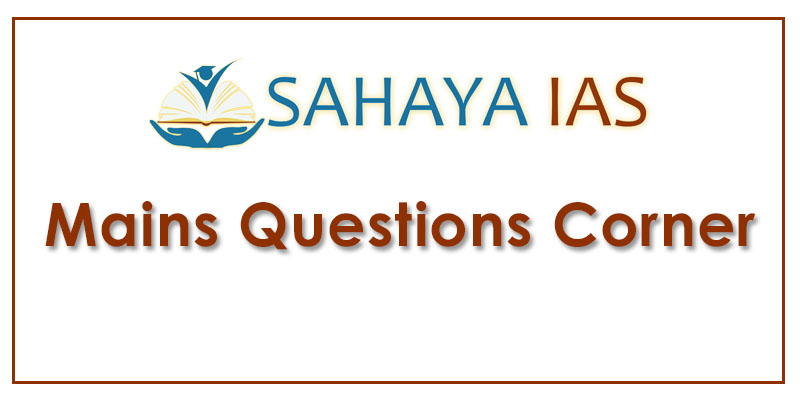The Sabarimala and Asia Bibi cases two contradictory cases and constitutional principles
Why in News?
Both India and Pakistan has failed to uphold constitutional ethos and enforcement in rule of law in recent days especially when mob rules the society.
- On the streets of India and Pakistan, a frightening message is being sent out: that courts must not rush in where politicians fear to tread. The public and political responses to Supreme Court judgments in two instances — Sabarimala in India and the Asia Bibi case in Pakistan — bear striking similaritiesand in both case, two states completely or partially falied to enforce their writ.
- Sabarimala is considered to be one of the holiest temples in Hinduism, with one of the largest annual pilgrimages in the world. The faithful believe that the deity’s powers derive from his asceticism, and in particular from his being celibate.
- Women between the ages of 10 and 50 are barred from participating in the rituals. The exclusion was given legal sanction by Rule 3(b) of the Kerala Hindu Places of Public Worship (Authorisation of Entry) Rules, 1965.
- The Supreme Court, by a majority of 4:1, held that the exclusion of women between these ages was violative of the Constitution.
The Sabarimala judgment
- Crucially, the judges also relied on Section 3 of the Act mentioned above which stipulates that places of public worship must be open to all sections and classes of Hindus, notwithstanding any custom or usage to the contrary. According to court, Rule 3 prohibiting the entry of women, was violates Article 15(1) of the Constitution.
- Justice D.Y. Chandrachud, also concurring, emphasised the transformative nature of the Constitution which was designed to bring about a quantum change in the structure of governance.
- The sole woman judge, Justice Indu Malhotra, who dissented, reasoned, “Issues of deep religious sentiments should not be ordinarily be interfered by the court.
Asia Bibi case
- In 1929, the funeral of a killer, Ilmuddin, took place in Lahore, executed for the murder of Rampal, a publisher, who had published an allegedly unsavoury reference to the life of Prophet Muhammad. Ilmuddin had been buried without funeral prayers as the authorities anticipated further trouble.
- But some eminent personalities, who included M.D. Taseer, assured the British authorities that there would be no trouble if there was a proper burial with a procession and Islamic prayers. The British relented and at the public mourning, the funeral prayer had to be read thrice before the surging crowds.
- The upshot of these events was that Section 295A was introduced into the Indian Penal Code to punish a deliberate insult to religious feelings.
- Years later, in Zia-ul-Haq’s Pakistan, Sections 295B and 295C were added to the Pakistan Penal Code which criminalised blasphemy [Blasphemy is the act of insulting or showing contempt or lack of reverence to a deity or sacred things, or toward something considered sacred or inviolable] against Islam and even made it punishable with death.
- In 2009, Asia Bibi, a Christian woman, was accused of blasphemy by her neighbours and jailed pending trial. She was sentenced to death in 2010 by a trial court.
- Last month, the Supreme Court of Pakistan allowed Asia Bibi’s appeal and declared her innocent of the charges. She has now been released and expected to be granted asylum in Europe. However, The concerned lawyer has fled Pakistan and the judges now fear for their lives.
- Pakistan faced the threat of mob violence led by the radical Tehreek-e-Labbaik Pakistan party. Despite Prime Minister Imran Khan’s initial bluster, an agreement has been signed with mob leaders to end the violence and State put its weapon and constitutional duties at the feet of violent mob.
The thread
- It is easy to dismiss the Sabarimala and Asia Bibi cases as being unconnected and belonging to different jurisdictions and contexts. But both belong to the same region and trajectory of history.
- India was built on a secular foundation while Pakistan was built on a majoritarian Muslim agenda. However, rule of law is yet to be in force in letter and spirit.
- A majority whose forebears had committed themselves to a magnificent constitutional compact now has elements who seek to regress from those values.



Comments (0)